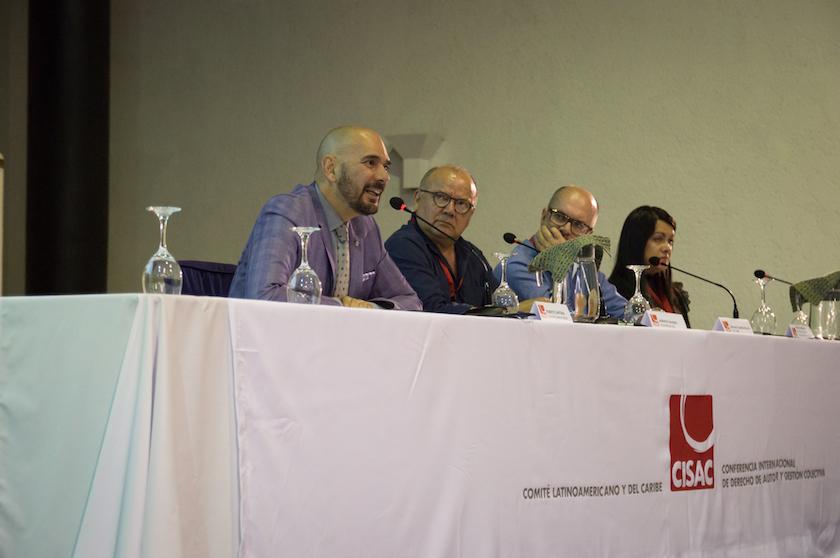“The Broken Equation” international conference in Antigua seek solutions to the transfer of value
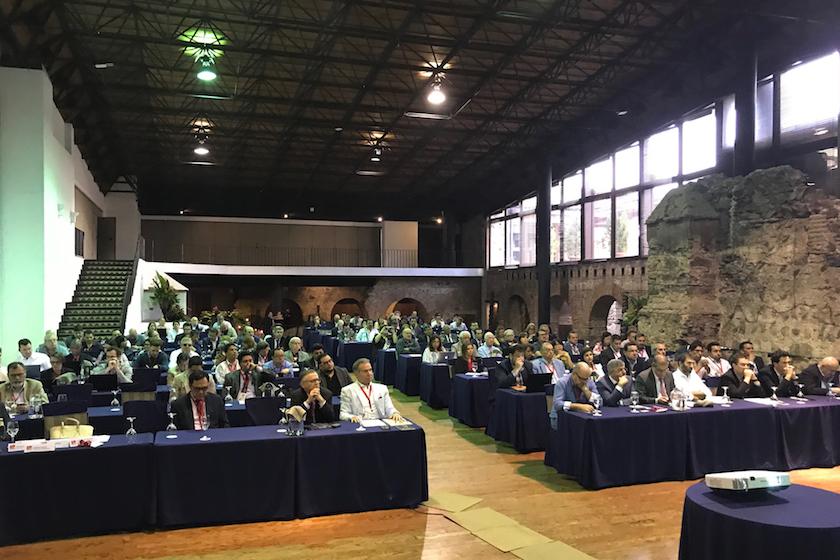
In a digital age where creative works can be distributed anywhere, receiving fair remuneration has never been so difficult. In Guatemala, the “International Conference on Author’s Rights and Collective Management: The Broken Equation, Challenges at Recomposing the Balance” on April 24th drew experts to examine how this problem can be resolved.
The conference also looked at whether a European Digital Single Market model could be applied to Latin America, and at the role of private copying rebalancing the remuneration equation.
At the centre of the discussion is the “transfer of value” - this is the market distortion created by the use of copyright works by online intermediaries, which derive huge revenues without properly remunerating the creators. Aside from harming remuneration for creators, certain user-uploaded content platforms such as YouTube compete unfairly with platforms based on content licensed by rights holders.
Central America countries need to update their commitments to protect national and international repertoires, stated CISAC Latin American and the Caribbean Committee Chairperson Victor Yunes. This is particularly true in a permissive environment for major users unlicensed in the area of broadcasting, television and cable.
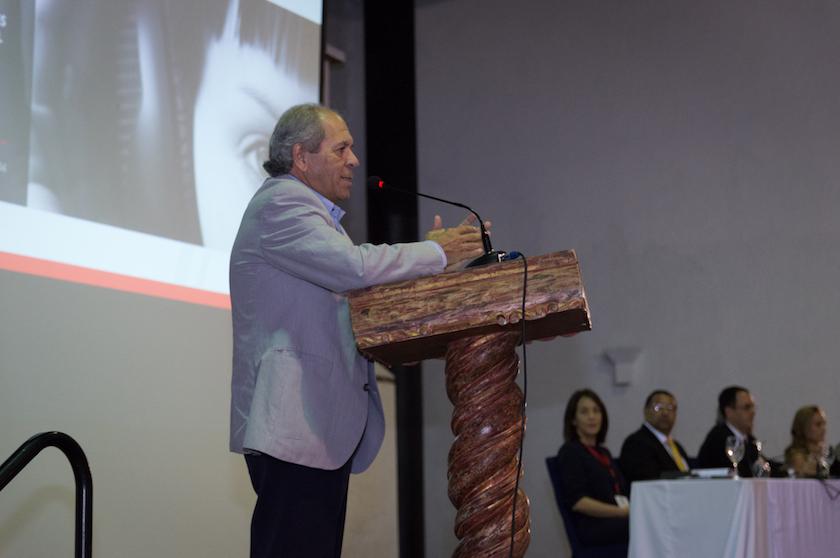
Zapata & Rios lawyer and former head of the National Copyright Office of Colombia, Fernando Zapata, noted that regional copyright laws have not been strengthened in many years: “Instead, we find multiple legal provisions that allow the establishment of exceptions. This is caused by a political discourse that is aimed at appropriation of copyright.”
A lack of focus on culture and copyright by politicians exacerbates the problem, according to Peru Congressman Francesco Petrozzi. SAYCE Chairperson Juan Fernando Velasco questioned the will of governments to stop unilateral use of works: “There is too much permissiveness to users regarding to the unilateral use of musical repertoire.”
Certain trade unions are also having a bad influence on the debate, such as in Guatemala where a guild that defends users of musical works has delayed actions to comply with obligations. Guillermo Iturriaga of Central Law said authorities should intervene and ensure that these unions respect their payment obligations.
Digital platforms have been called to strengthen enforcement and respect copyright, yet in reality some are circumventing their obligations to avoid fair remuneration. CISAC Director General Gadi Oron emphasised that these platforms are aware of the problem and have the know-how to fix it. “From the legal point of view, they are liable. They know what is going on”, he said.
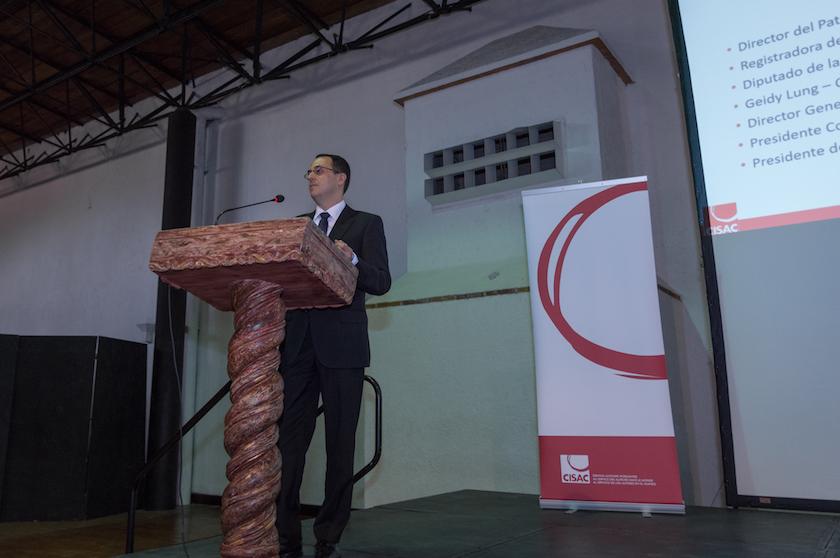
Negotiations with user upload services like YouTube are skewed, according to IFPI Regional Director Javier Asensio. Rights holders are offered to “take or leave” conditions for protected content, which it wants to use for its own benefit.
Services like YouTube try to circumvent their obligations through ‘Notice and Take Down’ procedures. These procedures put the responsibility on flagging content on the rights holder yet has been ineffective and otherwise used to avoid equitable remuneration obligations. Chilean Supreme Court Justice Arturo Prado stated: "The Notice and Take Down procedure is slow and time consuming. Once it is processed, the content is uploaded again. The burden of proof is on the author, the person who has suffered the infringement, to prove that the content is illegal.”
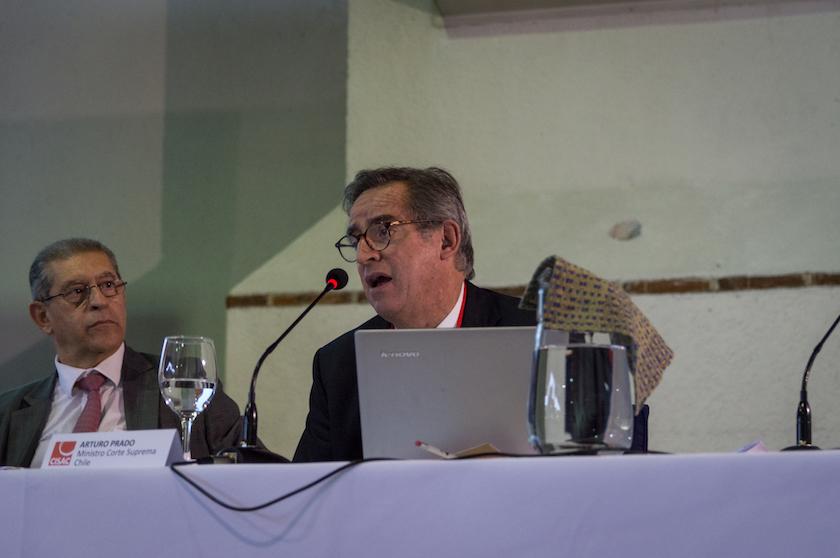
The conference examined whether the European Digital Single Market proposal could be applied to Latin America. Latin America already has multi-territorial licensing due to homogeneous collective management legislation and unified actions by societies.
The region’s musical societies already built a consortium, overcoming divisions between authors and publishers, according to SADAIC Director General Guillermo Ocampo. The collaboration seeks to create an efficient licensing model with full legal security for platforms. He explained how multi-territorial collective management in Latin America maintains individual management of each society. It has become a model that facilitates management that “assures an adequate framework of intellectual property to develop their business to those who request a license and ensures the possibility of obtaining tariffs at an international level.” Nevertheless, concerns exist about how territorial licenses will work with cross-border portability of digital content.
The potential for growth in private copying levies was also examined, as a solution to resolving the current imbalance for rights holders. Universal Music Publishing México y América Central Managing Director Yadira Moreno emphasized the importance of raising public awareness of private copying. According to UBC Director General Marcelo Castello Branco, “It represents very little for the consumer and a lot for creators.” SACM Director General Roberto Cantoral drew attention to private copying’s benefits: “There will be more works, greater possibility of creativity, enrichment of a country's cultural heritage and access to culture.”
